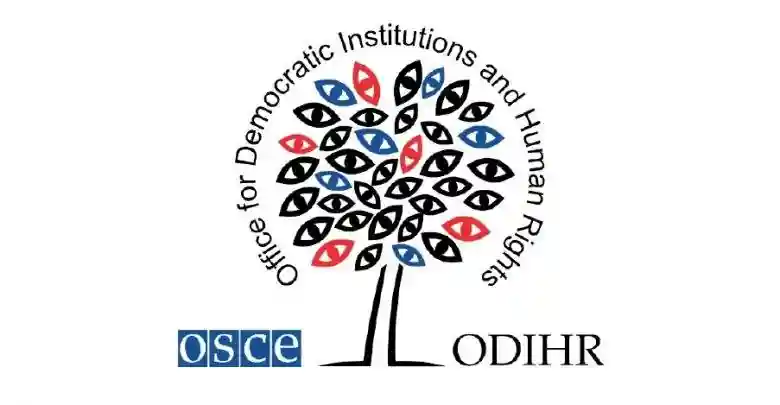Georgia: Based on the Ombudsman’s appeal, a legal conclusion has been prepared on abolishing gender quotas, evaluating them negatively, and considering them in accordance with international human rights standards related to eliminating discrimination against women in political and public life.
The relevant bills were discussed by the Georgian Parliament in a hurry, in four days, and passed on the 4th of April of the year at the final third hearing. Later, on the 15th of May, the President of Georgia overturned the veto on them.
According to the Conclusion, the quota system aims to achieve de facto equality and promotes the gradual increase of women’s representation in the country. In this context, there is no evidence to suggest that the abolition of gender quotas was constitutional, by international obligations, inefficiency, or because it was no longer necessary.
Although the gender balance in the Georgian Parliament has been improving slowly but steadily due to the introduction of mandatory gender quotas and financial incentives, it remains low compared to other countries in the EU. It needs to meet the targets set by international and regional standards and recommendations.
The Conclusion also focuses on the circumstances that the explanation cards accompanying the bills do not contain concrete evidence, data, or fact, in-depth analysis of the gender quota action mechanism or its possible alternative, and do not justify the need to abolish the electoral gender quotas and party financial incentive system.
In its Conclusion, Euto/Odir also focuses on procedures, expedited adoption of bills, adequate and inclusive participation in the discussion process and absence of relevant consultations with stakeholders, negatives of changes in essential elements of the electoral system near the elections and the principle of stability of the electoral law on the blob.
The Conclusion details international commitments to promoting gender equality in political and public life and provides specific recommendations.




